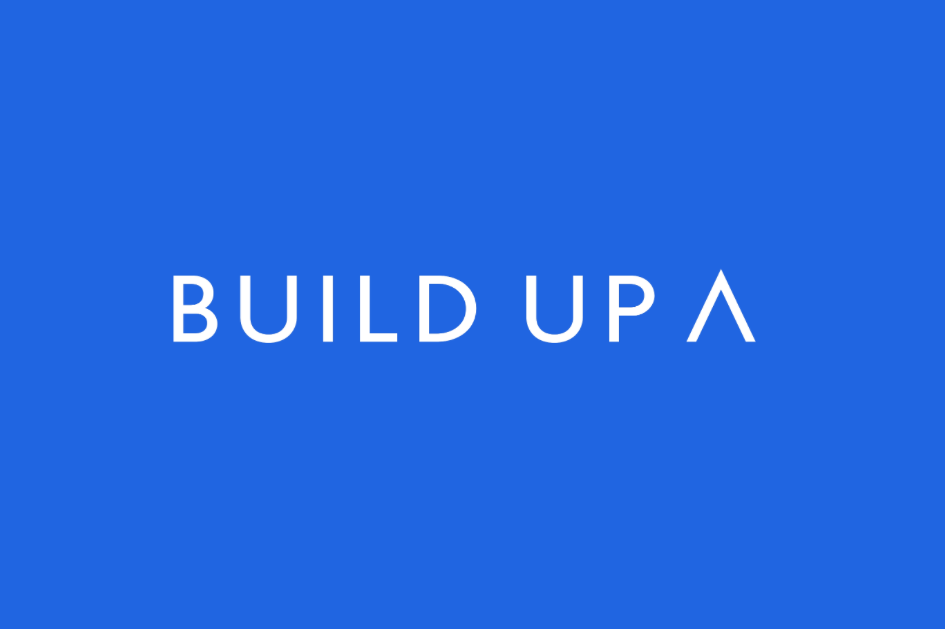Digital Conflict
We conduct research and interventions to address polarization on social and digital media in contexts across the globe.
Our research explores both the positive and negative roles of social media in conflict contexts, developing a deeper understanding of its potential as both a conflict driver and a peacebuilding tool. Our interventions directly address polarization on social media, using non-violent techniques to foster a shift to constructive dialogue. Findings from this work continue to inform the key functions that digital technologies can play in peacebuilding and adjacent fields such as mediation.
Current and Recent Work:
The Digital Us – Allies and Action Against Online Racism
Together with Sharing Perspectives Foundation, we launched The Digital Us to activate young people to transform social media into a more accessible and inclusive space where Dutch youth who experience online racism are able to express themselves safely. The project is supported by Fonds 21, Stichting Democratie & Media, VSBfonds and vfonds (Nationaal Fonds voor Vrede, Vrijheid en Veteranenzorg).
Social Media Listening Partnership with Search for Common Ground (2022-ongoing)
In 2022, we began a multi-year partnership with Search for Common Ground to grow the capabilities of global program and research teams to understand the digital manifestations of conflict through using appropriate social media listening tools and strategies. To date, we have collaborated on social media listening work in Tanzania and Kenya.
Strategic Partnership with the Centre for Humanitarian Dialogue (2020-ongoing)
Since 2020, we have partnered with the Centre for Humanitarian Dialogue to implement programs that address digital conflict in multiple contexts. In Libya, we conducted an analysis of social media behaviours, content and actors to determine how false information, graphic content, hateful and violent speech and polarization is expressed online and how it affects the conflict on the ground to inform future digital interventions. In Nigeria, we are working together to integrate social media in HD’s Conflict Early Warning and Early Response System (CEWERS). In Sudan, our collaboration aims to explore ways that social media could enhance inclusion in town hall meetings and political dialogue processes and online approaches to tackle hate speech, misinformation or incitement to violence. We also worked together to produce a social media analysis toolkit for mediators and peacebuilders.
Social media listening for UNDP Lebanon (2018 – 2023)
In November 2018, UNDP commissioned Build Up to conduct a comprehensive mapping and analysis of Syrian refugee-host community relations in Lebanon (including narratives, sentiments and amount of traffic) on Facebook and Twitter. The final report covers findings from a desk review, qualitative interviews and analysis of over 2.6 million Tweets and 14,734 Facebook posts and comments. Building on this analysis, the report also served to identify challenges and opportunities for UNDP to integrate social media monitoring into its programming.
Read Analyzing Refugee-Host Community Narratives on Social Media in Lebanon (pdf)
Data Policy Research (2022-ongoing)
We are currently collaborating with Ashoka and Eticas Consulting on research to explore policy options that would make surveillance and profiling more expensive.
Strengthening Digital Peacebuilding in Kenya (2022)
In advance of Kenya’s 2022 election, we collaborated with UNESCO as part of their multi-year project Social Media 4 Peace to explore the role of social media in spreading hate speech and misinformation, and how legislation, social media companies and civil society has historically responded to hate speech and misinformation online. Build Up conducted research, consultations with government, civil society and technology companies, workshops with civil society, and social media listening and analysis. These served to understand what historically been done to respond to hate speech and misinformation online, understand various people’s experiences with hate speech and misinformation — and through reflecting on the current trends of social media and past responses, be able to identify ways that different actors can engage in the lead up to the 2022 elections.
Read Mapping of Legal Framework and Responses by Actors to Address Harmful Content Online in Kenya (pdf)
Digital Media Arts for an inclusive Public Sphere – Digital MAPS (2021-2022)
The Digital MAPS program was a six-month collaboration with the British Council and 18 partnering organizations and social media content creators in Iraq, Jordan, Lebanon, Libya, Occupied Palestinian Territories, Syria, Yemen, and Tunisia. Build Up supported partners to conduct participatory action research using Phoenix to conduct social media mapping and analysis in order to understand polarization dynamics on Facebook, Twitter and YouTube. Based on this research, Build Up provided training and technical support for the design and implementation of pilot interventions that counter polarization and promote inclusivity and openness in the networked public sphere.
The Commons (2016 – 2021)
The Commons is Build Up’s tested and successful intervention to address polarization in social media in the USA. We first piloted The Commons project in 2017. Throughout 2019, we ran a scaled-up version of the project, testing a variety of strategies, and our evaluation concluded that we have designed and tested a model that delivers results and impact at a reasonable cost and can be scaled. In 2020-21, we are adapting this model with an explicit focus around topics, events, and geographies relevant to the 2020 election and post-election period, and to scale it to reach more people.
Visit The Commons program page for more details
Read The 2019 Commons Evaluation Report (pdf)
Read The 2017 Commons Evaluation Report (pdf)
Maskani Commons – a Kenya Digital Peacebuilding Initiative (2020 – 2021)
The Maskani Commons is a collaboration between 6 public universities in Western Kenya, the Center for Media, Democracy, Peace and Security (CMDPS) and Build Up. The project adapted The Commons approach to digital conflict in the United States and contextualized it for Kenya. Sixty students received training and accompaniment as they intervened on polarizing issues of politics, ethnicity and Covid-19 on their own social media feeds.
Strategy Support to Stonewall (2017-2018)
As the UK’s leading LGBT rights organization, Stonewall often deals with conflict among diverse stakeholders. Build Up worked with Stonewall staff to analyze how conflict was showing up on social media and introduce a number of innovative policies and tools (including non-violent communications and social media listening) to strategize about how to overcome challenges in new ways.
Read about Build Up’s contribution to Stonewall’s social media strategy on Buzzfeed.
NewsThatMoves (2015-2016)
In 2015, Internews launched NewsThatMoves, a news website for people who are displaced or seeking asylum, especially in Greece and the Balkans, that produces independent, verified information people can use. Internews contracted Build Up to design, develop and launch the NewsThatMoves site and related social media campaigns. We did this until August 2016; the site is now entirely run by Internews. The site has been recognised as a critical resource for refugees.
Visit NewsThatMoves
Read For refugees eyeing Europe, a website separates fact from fiction, by Sebastien Malo (Reuters).
Cyprus Dialogue Forum
Build Up conducted a pilot design for the Cyprus Dialogue Forum to investigate whether and how an analysis of conversations on Facebook and Twitter could inform dialogue discussions.

